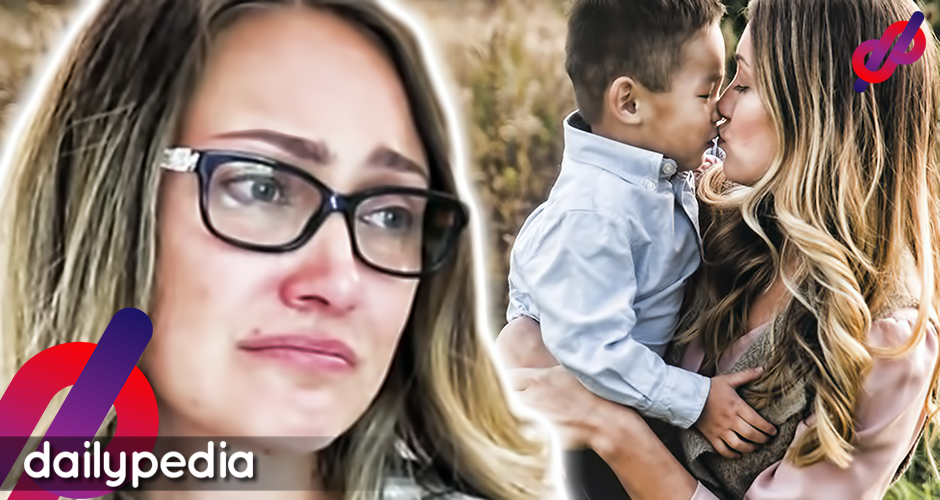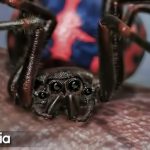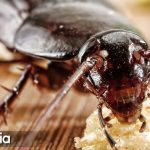YouTuber Myka Stauffer and her husband James are under fire after giving up their adopted autistic son for adoption.

In a video, the couple explained their decision which many saw as heartless.
“An update on our family.” was uploaded on Tuesday with the couple saying that they had to ‘rehome’ their four-year-old son Huxley because of behavioral issues related to his condition.
“Once Huxley came home, there were a lot more special needs that we weren’t aware of, and that we were not told,” James said in the video.
“For us, it’s been really hard hearing from the medical professionals, a lot of their feedback, and things that have been upsetting,” he continued. “We’ve never wanted to be in this position. And we’ve been trying to get his needs met and help him out as much as possible … we truly love him.”
“Do I feel like a failure as a mom? Like, 500%,” Myka said.
The couple has four biological children and made a lot of money using Huxley in their videos.
One of the videos that featured Huxley was “5 Things I Didn’t EXPECT About Our China ADOPTION! International ADOPTION,” which was sponsored by Dreft — a hypoallergenic laundry detergent for newborns.
“One thing I did to help our bond decided to use Dreft baby detergent,” she says in the video. “It was really nice because Dreft baby detergent has this scent just like a newborn, so when I’m cuddling a 3-year-old baby boy I can still feel like I’m snuggling that brand-new baby.”
In a recent Instagram post, Myka wrote that the adoption process “had so many bumps along the way” but was also “by far one of my favorite journeys I have ever embarked on!”
“I love everything about this little boy and I wouldn’t trade him for anything!”
Her channel gained more heat after she revealed that Huxley has found a new ‘forever home’, making it sound like he was just like a dog that needed someone to take care of it.
Julia Bascom, the executive director of the Autistic Self Advocacy Network was surprised with the revelation as things like this are more common than what most think.
“Children with disabilities are more likely than their nondisabled peers to be subject to abuse, neglect, and abandonment and to end up in child welfare systems, including the adoption system,” Bascom said. “Other international adoptees with disabilities have also been rejected by their adoptive families in this cruel way.”
“Children with disabilities deserve stable, loving homes with parents who support and accept them, as all children do”, she added.


